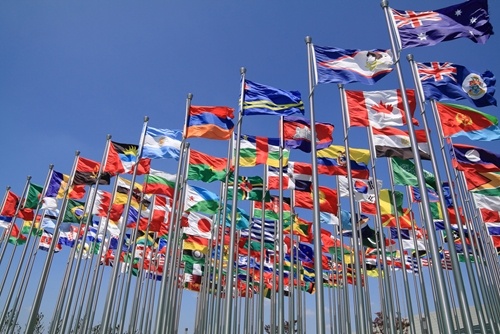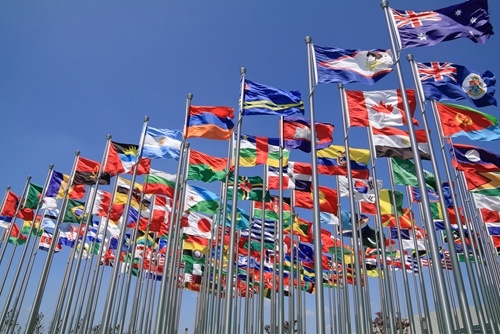
There are numerous benefits to taking a supply chain global. Introducing products to foreign markets increases exposure to brand new consumer groups. Different territories may provide more cost-efficient supplies for manufacturing. Supply Chain Management Review said any time a business can pool resources with outside companies, it can cut down on waste and create a partnership that capitalizes on the expertise of all organizations involved.
However, there are also obstacles when dealing with outside companies, especially when those organizations operate out of different countries with unique cultures and politics. A company that does business globally needs flexible supply chain logistics management solutions to avoid the consequences of geopolitical risks.
Geopolitical Risks to the Supply Chain
Trusting business success to partners is almost always a gamble. An organization can pay a supplier or shipping company in regular intervals and have strict terms for contracts, but all businesses are susceptible to events outside of their control. The more companies involved in a supply chain, the greater chance one of those links will be broken by major local events.
Different countries find themselves at greater risk for certain forms of crisis. The World Economics Forum put together a Global Risks report for 2015 to see what concerns international supply chains could face in the near future. The most common risk projected was financial crisis. Certain countries could have major financial institutions collapse, go through periods of rapid inflation or develop a liquidity crisis.
After financial concern for key economic structures, various countries could fall victim to political and social instability. Besides complete government collapse; citizen uprising, terrorist attacks and proliferation of organized crime are all major concerns.
Major disasters like hurricanes and tsunamis could bring distribution channels to a standstill. The World Economic report suggested the changing climate could initiate more gradual political challenges. Some countries could lose access to water and face political and financial breakdown trying to preserve natural resources.
The possibility of geopolitical problems affecting the global supply chain is a growing concern. Business information organization Bureau Van Dijk said the number of companies worrying about international political stability increased 20 percent between 2013 and 2014 in a Supply Chain Management World report.
Information Prepares Companies for the Worst
All supply chains require consistent data to maintain visibility. When organizations include overseas partners in operations, strong information sources help companies plan routines and prepare for disruptions.
Supply Chain Risk Insights said companies want to find a good local source for information. If an organization can find a partner it trusts, then the supplier or shipping business can help the company keep up with local tax codes and political situations. Companies should be wary of foreign partners with prices that seem too good to be true or are unable to share information. It may be better to hire local experts free of bias.
Geopolitical risks may be severe or subtle. Hostile governments may take over manufacturing facilities or local workforces may strike. Companies should carefully measure the possibility of these events before expanding a supply chain into a new region. Daily data collection procedures may indicate when smaller political problems start to snowball.
Business need to be on the lookout for governments that try to take more than their fair share in taxes or suppliers taking advantage of their country’s lack of regulations. With daily accounting of activities supplied by automatic data collection solutions, a company can look for activities that don’t match original agreements. It’s easier to spot subtle changes in costs or schedules when information processes are consistent.
Supply Chain Management for Any Eventuality
Warehouse and inventory management needs to be flexible to prepare for any supply chain disruptions. When problems occur, automated data collection devices that facilitate speed and visibility allow businesses to react instantly without squandering resources.
In an RFgen customer case study, global feed manufacturer Provimi provided its numerous factories located in over 30 countries with solutions for production and warehouse management that featured both autonomy and unity. Provimi partnered with RFgen to create a standardized software solution and provide each location with automated data collection devices that were scalable and flexible. The company had consistent data processes that met the needs of each individual location.
If a problem occurs with a foreign supply chain partner or an overseas company facility, a dependable information solution prevents businesses from being left in the dark. When political concerns raise their heads, organizations should be able to spot the warning signs and make plans based on needs and daily practices.






